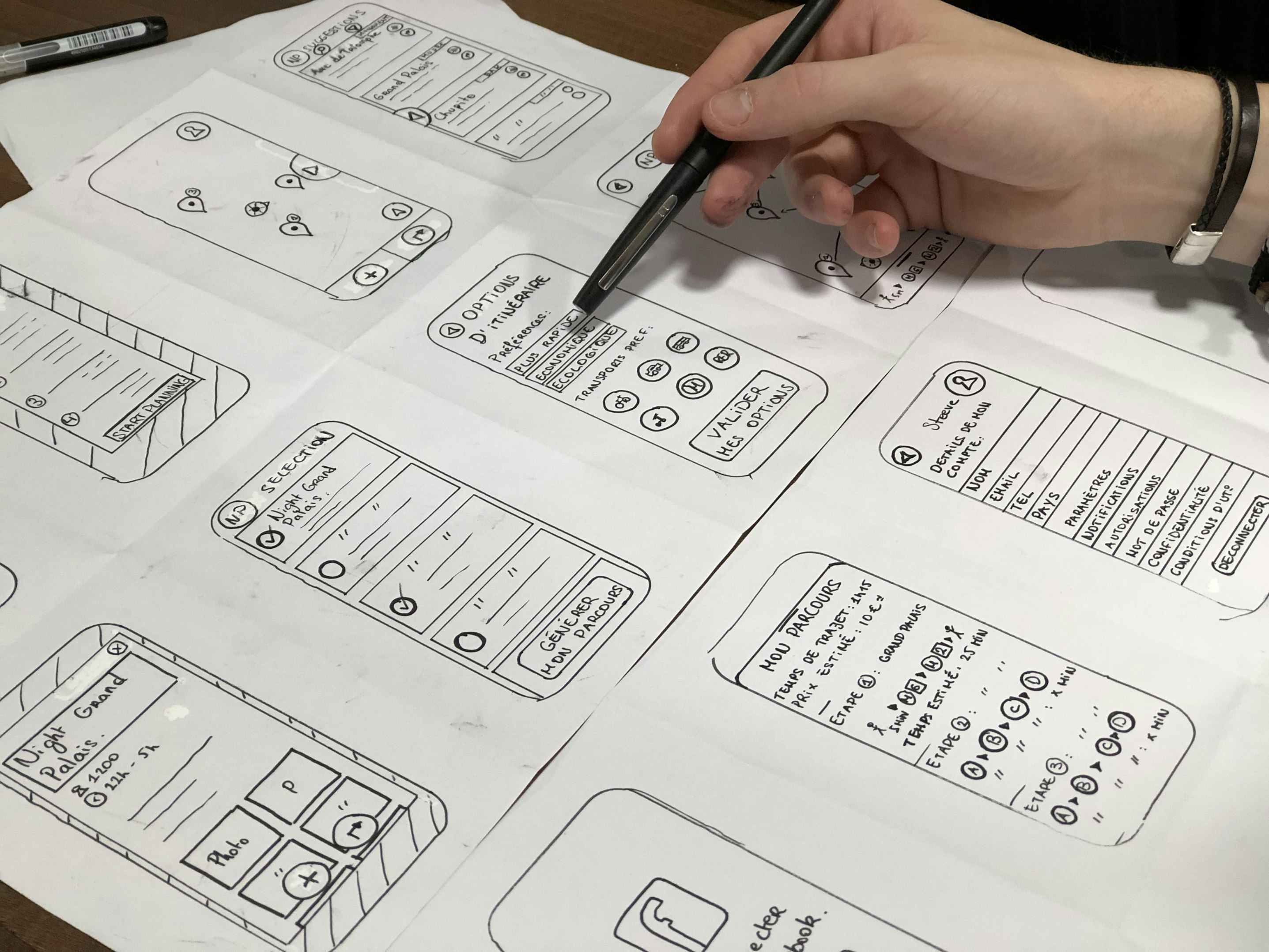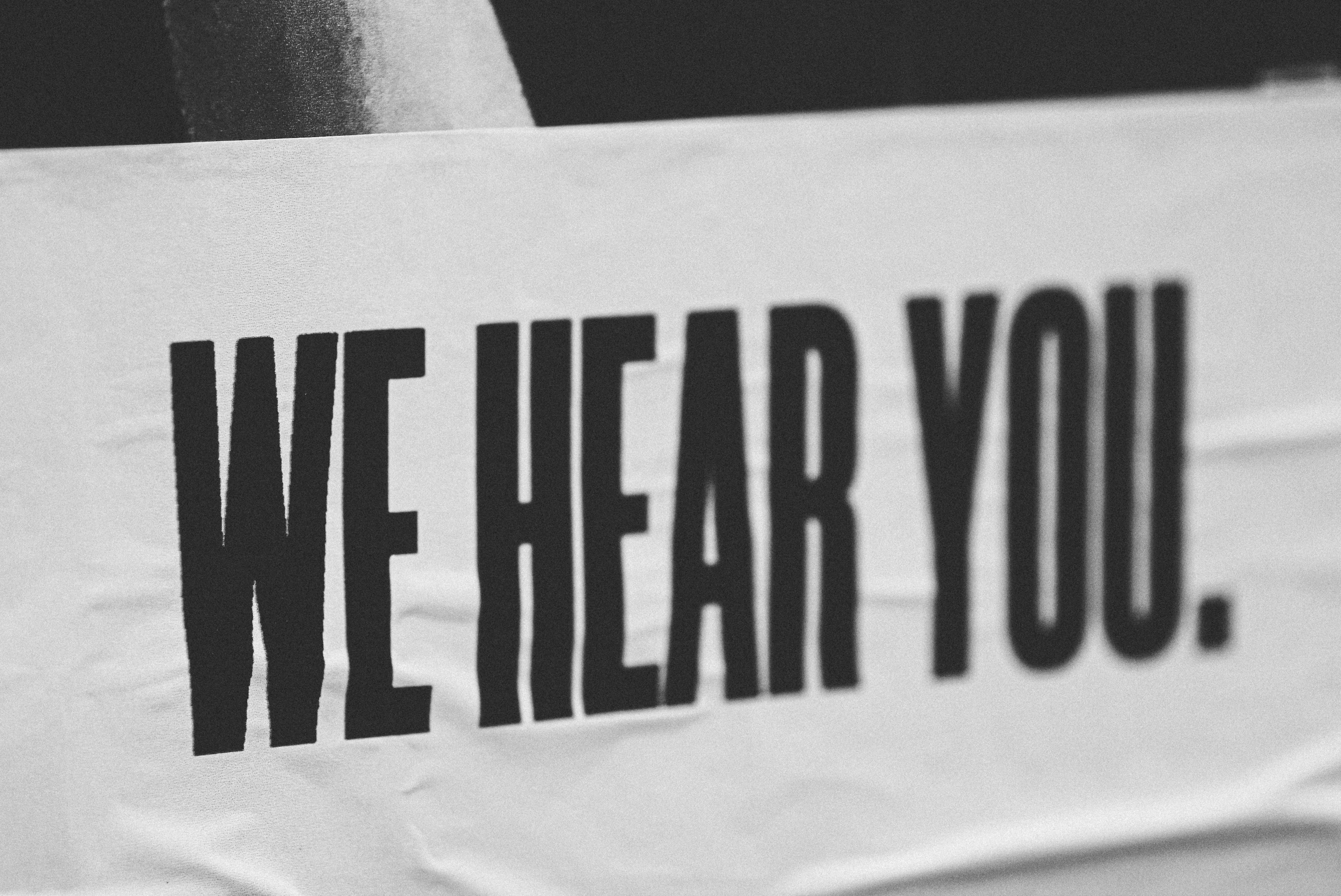What Are The Skills Needed to Become a Successful UX Designer?
The essential skills for a UX Designer
Embarking on a journey to become a successful UX designer requires more than technical know-how. It demands a versatile skill set that goes beyond software proficiency.
In this exploration, we'll delve into the essential skills that not only define a proficient UX designer but also contribute to shaping user experiences that stand out in the digital landscape.
Whether you're a budding designer or seeking to enhance your existing skills, understanding the key attributes is crucial for navigating the dynamic field of UX design. Join us as we unravel the diverse skillset needed to thrive in this ever-evolving realm of user-centric design.

What do UX Designers do?
In the realm of UX design, roles are dynamic, shaped by factors like company structure, team size, and project scope. The overarching goal remains consistent: to craft products that deliver a meaningful user experience. Core responsibilities span research, testing, project management, wireframing, and more, with involvement across various project stages.
Within UX teams, diverse roles emerge. Researchers focus on project onboarding, delving into client and user needs through methodologies like stakeholder interviews. Insights gathered steer subsequent design stages. Visual and interaction designers then use these insights to shape information architecture and define content types. This often involves creating initial wireframes, forming the basis for navigable prototypes subject to validation through user sessions.
Beyond the visual, UX design encompasses intangible layers, infusing subtle psychology into the product for an enhanced user experience. It's a discipline pervasive in any customer-centric business, akin to a waiter ensuring a seamless experience in a high-end restaurant. Ultimately, UX designers strive to elevate user interactions across various industries.
What are the skills that make a UX Designer Successful?
Design
In the realm of UX design, the role often extends beyond (web) design or coding. While not primarily focused on these areas, having a foundational understanding of design principles and systems can set you apart.
To excel as a UX designer, it's essential to master basic design principles, comprehend the underlying technology, and possess a profound understanding of end-users. Emphasis should be placed on meticulous documentation, requiring a strong grasp of design composition, content hierarchy, and the ability to define meaningful interactions.
Typically, UX designers engage in drafting prototypes and wireframes, utilizing both manual and digital formats. Prior knowledge of design tools such as Sketch, Figma, or Adobe Photoshop can provide a competitive edge when entering the job market.
Empathy
Empathy is a cornerstone for a UX designer as it forms the basis for creating products that genuinely resonate with users.
Understanding the emotions, needs, and perspectives of the target audience allows designers to craft experiences that are not only functional but also deeply meaningful. By empathizing with users, designers can anticipate challenges, tailor solutions to meet specific needs, and ensure a seamless and enjoyable interaction.
This user-centric approach not only enhances the usability of a product but also fosters user loyalty and satisfaction, contributing to the overall success of the design. In essence, empathy is the key to forging connections between the user and the product, resulting in more intuitive, accessible, and ultimately, successful design solutions.

Critical Thinking
Critical thinking involves actively engaging your reasoning abilities. Rather than passively absorbing information, it requires rigorous questioning of ideas and assumptions, aiming to unveil the complete picture.
In various professions, including UX design, critical thinking is indispensable. For UX designers, who extensively gather and analyze research, the skill of discerning relevant data and articulating its significance for clients is paramount.
It's a cognitive tool that goes beyond professional realms, proving beneficial in navigating life's complexities with a discerning and analytical mindset.
Communication
Effective communication in UX design necessitates more than conveying information – it's about active engagement and critical reasoning.
UX designers don't merely accept ideas at face value; they rigorously question assumptions, seeking a comprehensive understanding. This skill becomes pivotal when sifting through extensive research data. Identifying relevant information and articulating its significance to clients demands adept communication and a capacity for reasoning.
Beyond the professional realm, honing these skills is essential for navigating the intricacies of life with a communicative, analytical mindset.
Do you think you've got the right skills for a UX Designer?
Try exploring our roles on Work Remote Now! We have a dedicated design section for applicants and have tags that are specifically for UX Design. Be sure to subscribe to our newsletter as we can email you on the latest design jobs weekly. To see all our latest jobs click here!

